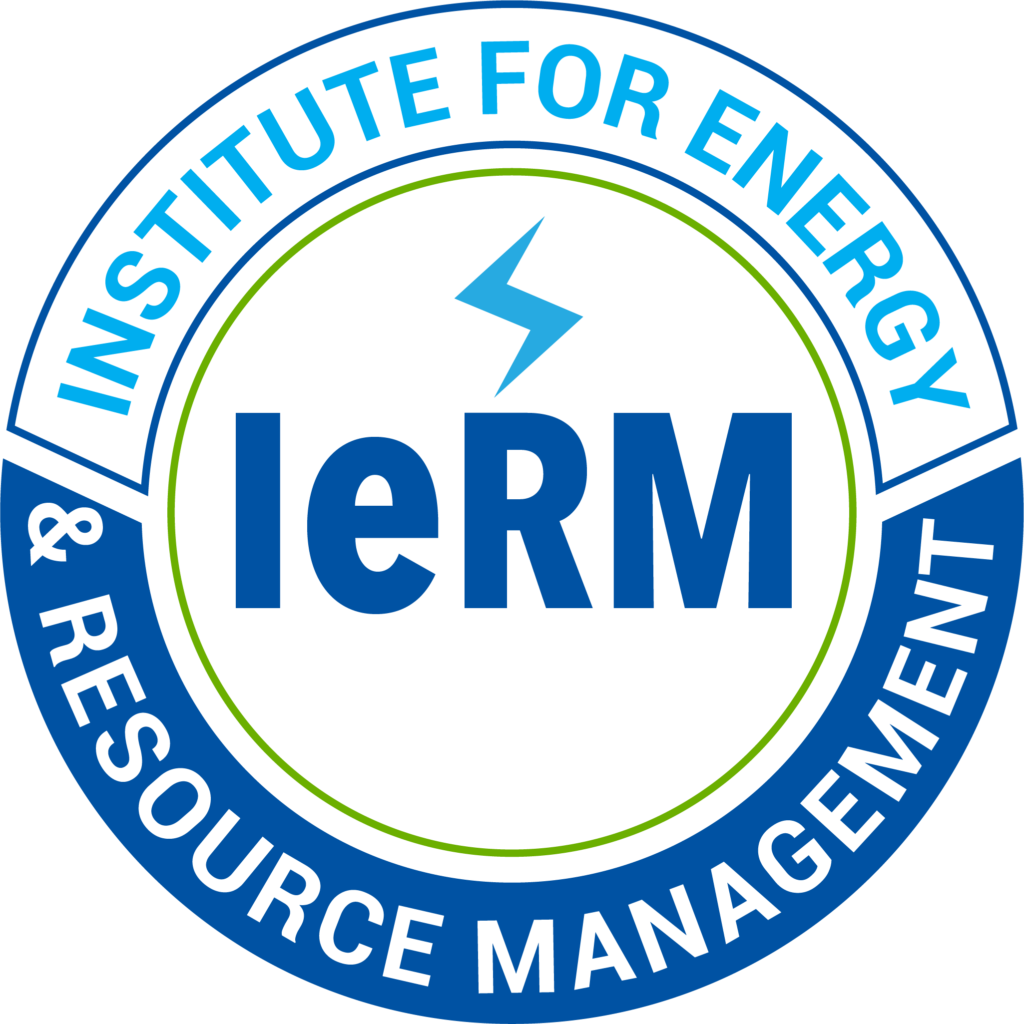Mission
IeRM provides reliable research for the purpose of finding and implementing sustainable solutions to society's energy and resource management challenges. At IeRM we seek the continuous development and use of technologies and practices that will enable us to significantly reduce the human impacts on the natural environment.
IeRM connects scientific research with business and policy solutions in order to serve the best interests of the public in moving toward a sustainable economic future.
Vision
IeRM envisions a future in which the environment is recovering, technological advancements and sound policies and programs prevent exposure to toxics, and sensible energy and resource management leads to a sustainable economy.
Help us safeguard our Earth, the water
we drink, and the places we treasure.
-
1970
US Environmental Protection Agency (EPA) founded;
Germany: First Ministry for the Environment in Federal State (Bavaria, Munich)
-
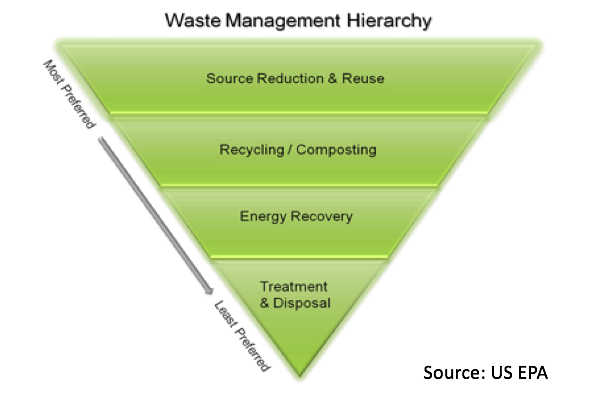
1973
First EU-Action Program for the Protection of the European Environment (Principle of Precaution; Action at source instead of end of Pipe; Protect National Resources; Producer Pay Principle)
-
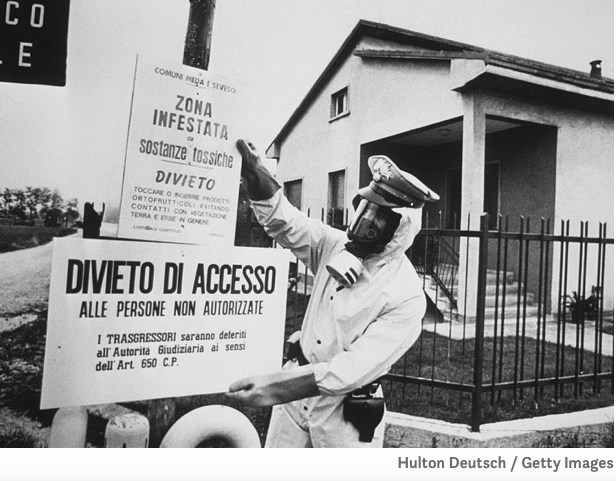
1975
EU Waste Framework Directive (New Waste Hierarchy (avoid, reuse, recycle, energy recovery, least priority for waste disposal/landfill)
-
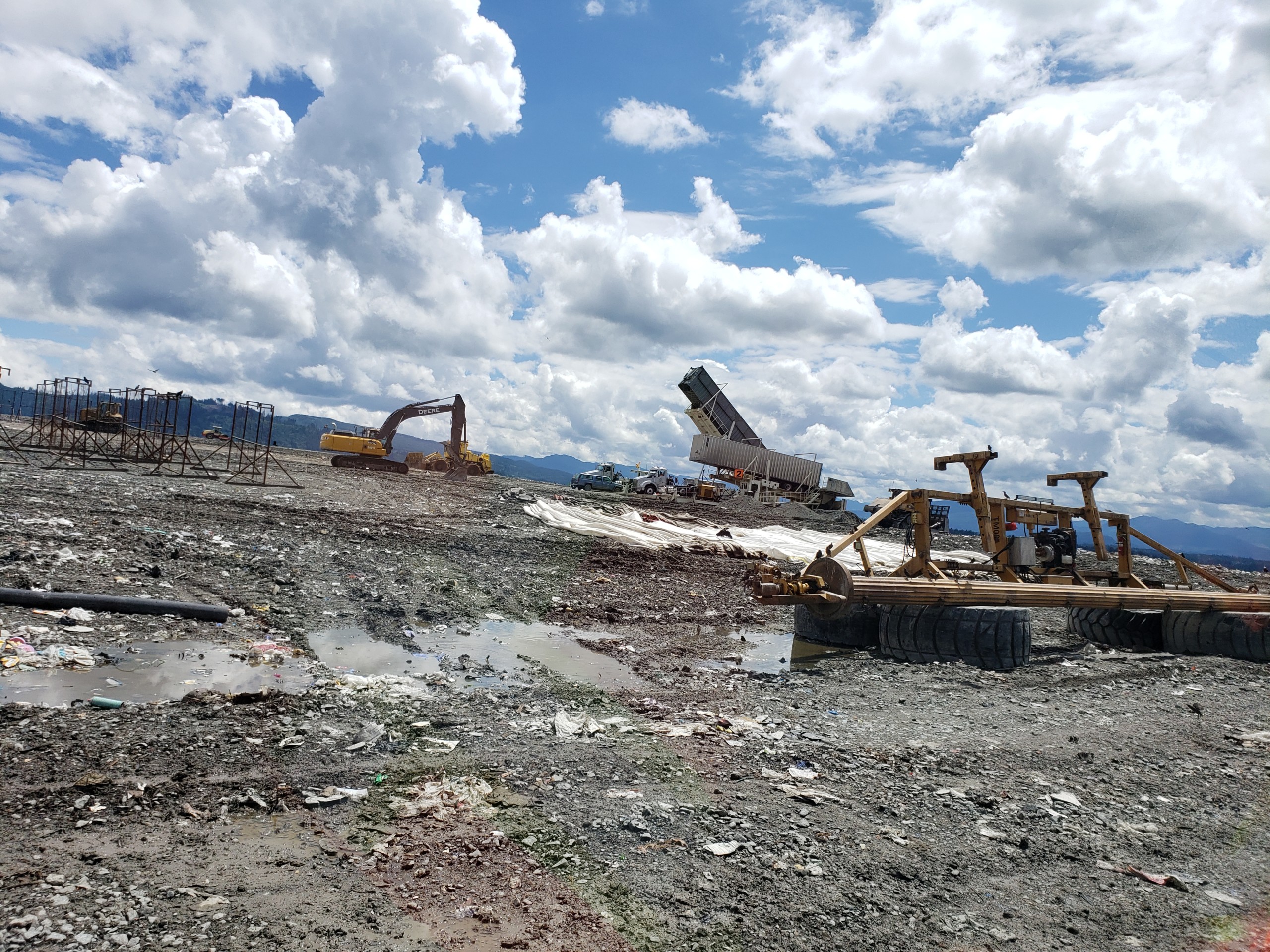
1976
US passes first Resource Conservation and Recovery Act;
Accident at Seveso/Italy (Start of National and International Activities for better Protection of Environment and public Health)
-

1980
US passes Superfund Act
-
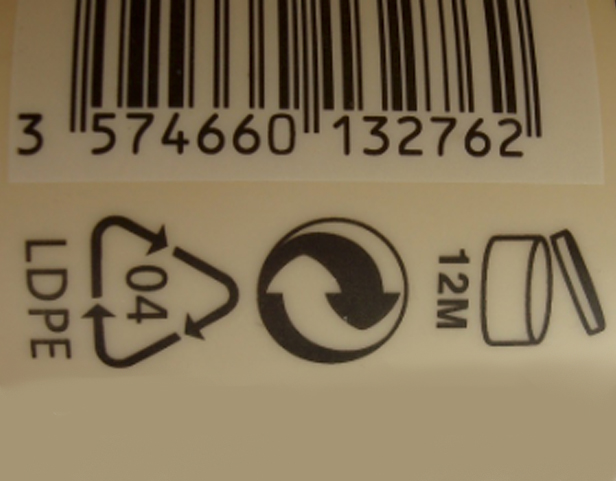
1989
EU Waste Strategy ( avoid waste, less dangerous wastes, priority for reuse, recycling, energy recovery; safe waste disposal; responsibility of waste producer; control of waste transports)
-
1990
US passes Pollution Prevention Act
-

1991
German Packaging Ordinance (Producer Responsibility for Recycling of Packaging Waste) “Toepfer Decree”
-
1992
UN Convention on Climate Change
1992/1996 Germany: Closed Cycle and Waste Management Law (Introduction of EPR, implemented later for WEEE, Waste Cars, Batteries, Waste Oil; Standards for New Products)
-
1994
EU Packaging Ordinance (Ambitious Goals for Reuse and Recycling)
-
1997
US, Germany sign Kyoto Protocol on Climate Change
-
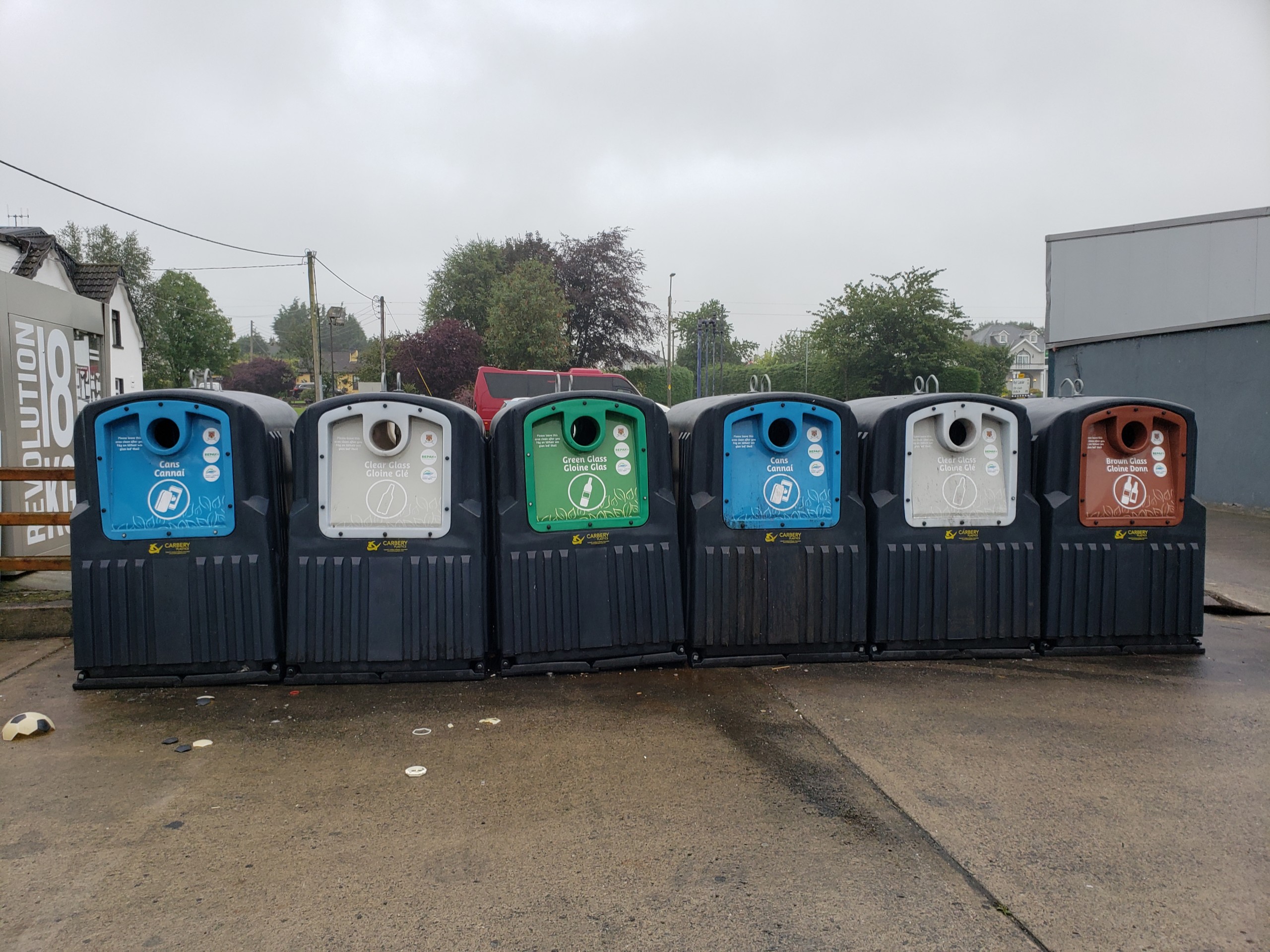
1999
EU Landfill Directive (Avoiding of landfilling as soon as possible; transition periods nationally)
-

2000
EU Ordinance on Waste incineration (New Standards to control Emissions)
-
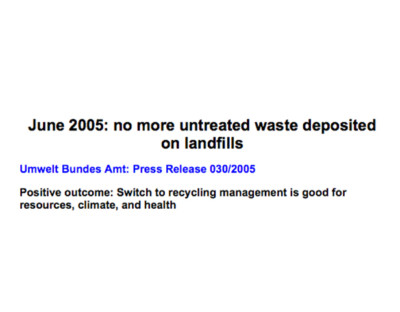
2005
German Waste ordinance goes into effect June 1st 2005. No more untreated reactive waste to landfill. Nationwide replacement of landfilling by Recycling and Waste to Energy for MSW; landfilling only for inert wastes
-
2007
US Supreme Court rules that EPA can regulate GHG
-
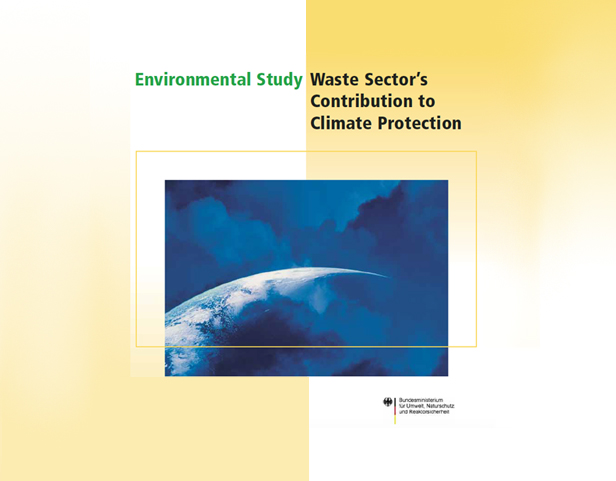
2016
US signs Paris Agreement on Climate Change
-
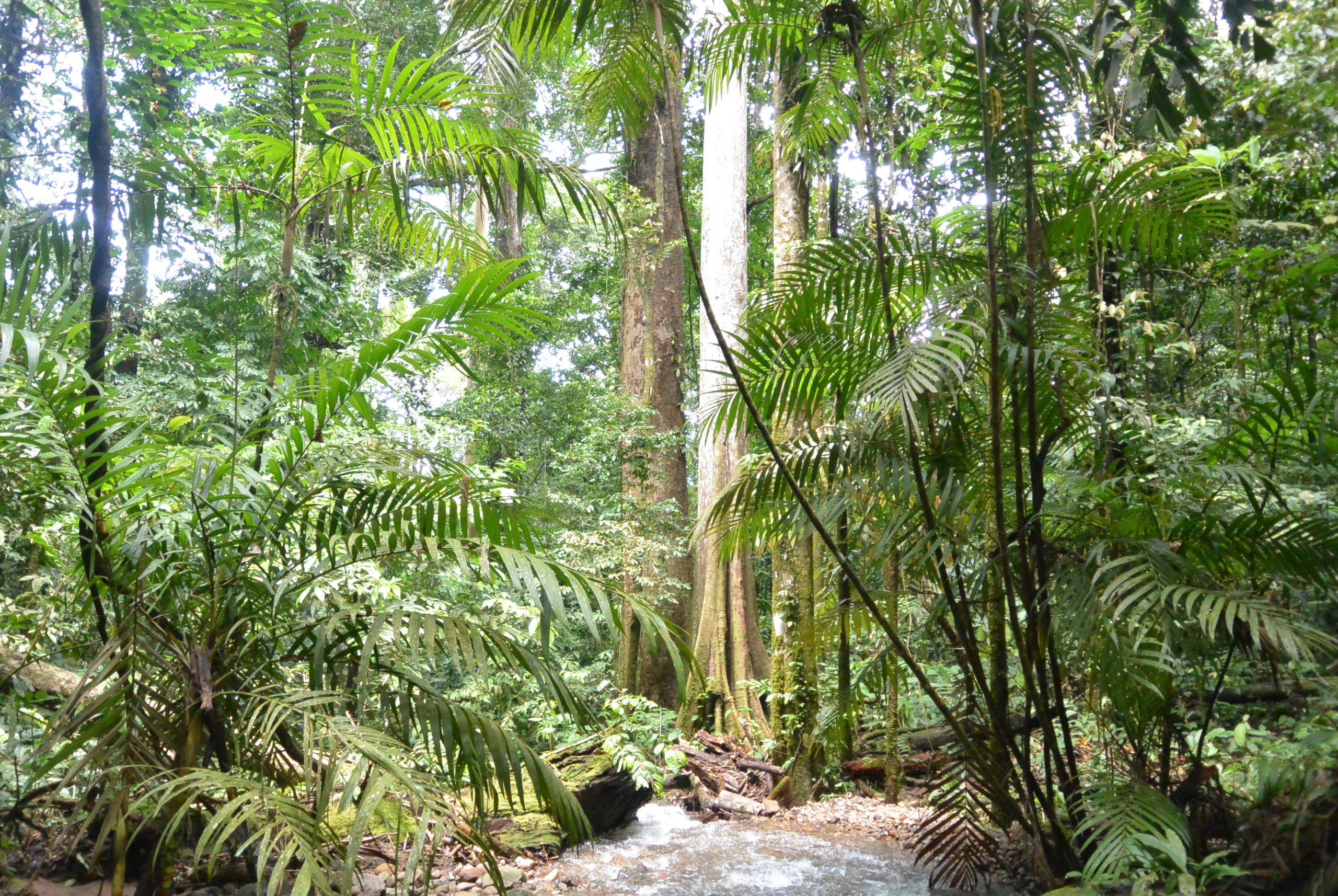
2021
US rejoins Paris Agreement on Climate Chang
US plan to cut GHG emissions by 50% by 2030
-
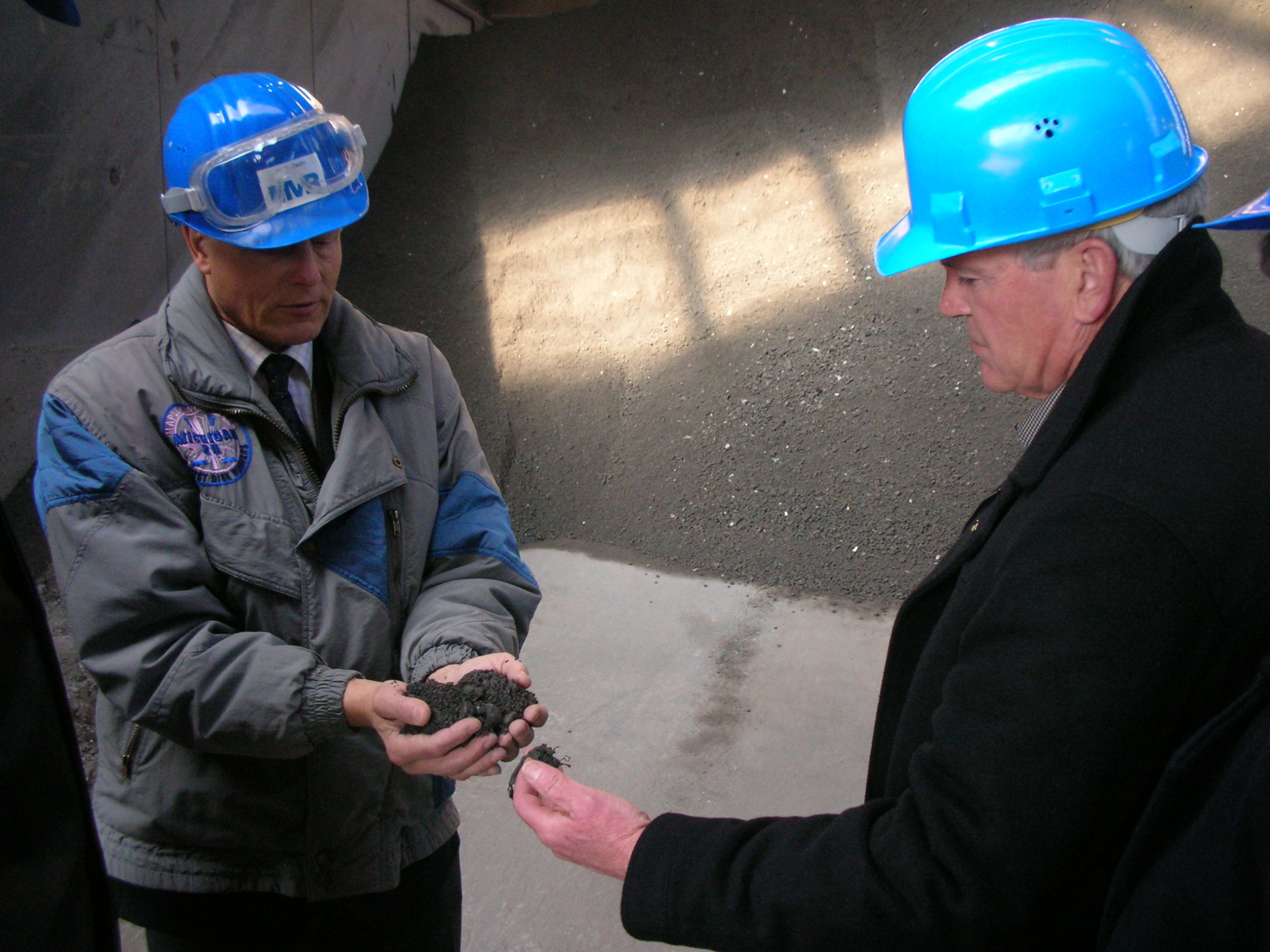
2030
IeRM Goal: Build Infrastructure to enable Zero Waste of Resources by 2030
